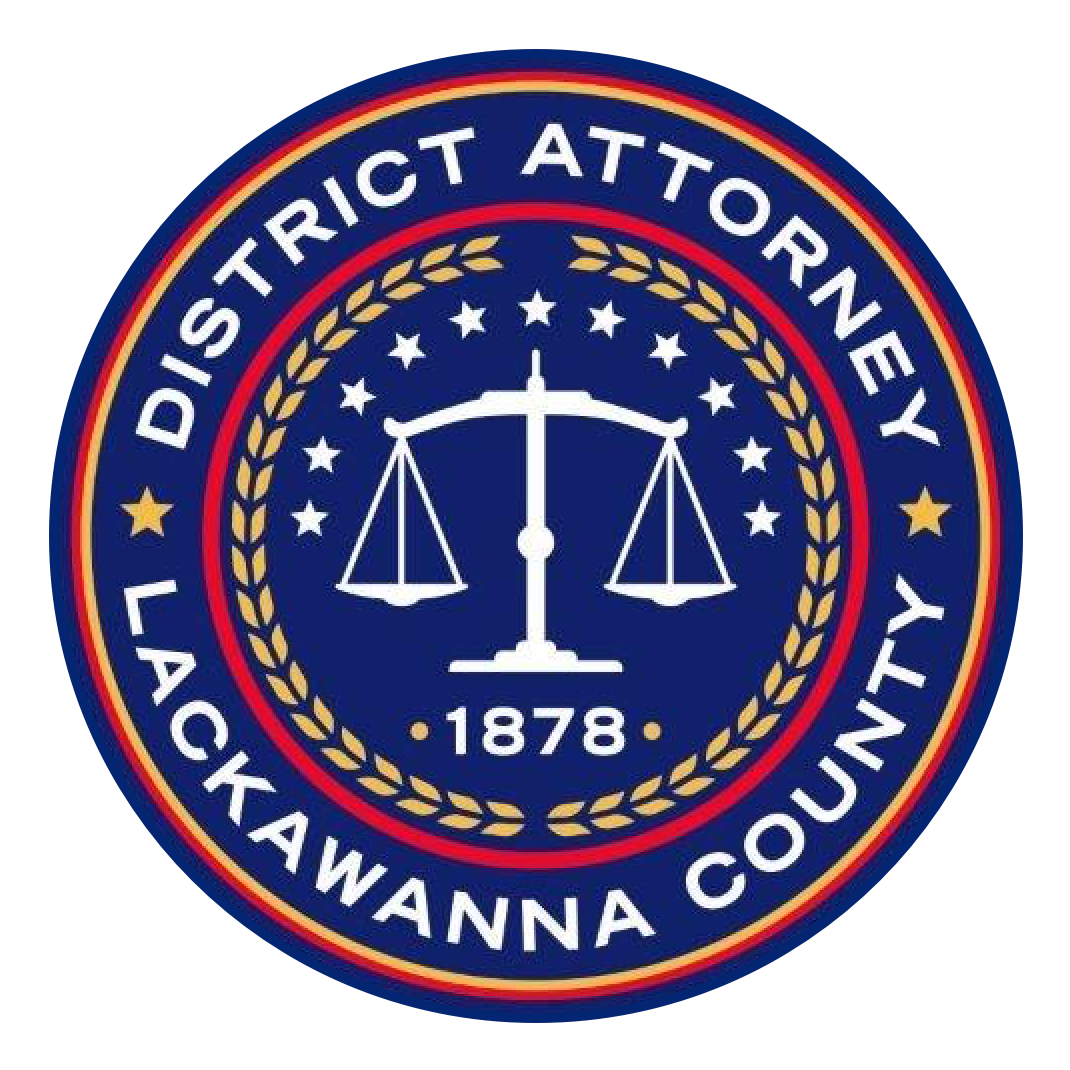
Veterans Court
District Attorney Powell spends a great degree of time working with Veterans. Like most Americans, Powell is grateful to Veterans of War who have served our country. Most veterans return home strengthened by their military service. Veterans volunteer their time to service organizations and are leaders in our neighborhoods and communities.
Unfortunately, sometimes Veterans experience difficulty transitioning back to civilian life. A number of veterans incarcerated in state and federal prison. Tragically, too many veterans are still coming into contact with the justice system due to experiences they developed as a result of their service to our country.
Many veterans suffer from substance use disorders, mental health conditions (such as PTSD), and trauma (such as traumatic brain injury). These issues can be exacerbated by the loss of structure and camaraderie found in the military. These treatable conditions increase the likelihood of involvement with the justice system. Research show that 8/10 veteran defendants had a substance use disorder prior to incarceration and ¼ suffered mental illness.
DA Powell supports Veteran treatment courts to offer a solution. Treatment courts are the most innovative solution for veterans caught up in the criminal justice system due to substance use and/or mental health disorders and trauma. Veterans treatment courts connect these men and women to the benefits and treatment they have earned; saving their lives, families, and futures, and saving tax dollars for the American public.
Without treatment courts, veterans appear before judges who may not understand their military experience. Conversely, veterans court have one judge who handles all veterans’ cases, restoring some of the structure and camaraderie found in the military.
An interdisciplinary team working together to help each veteran achieve recovery and get their lives back on track. This team is familiar with the benefits provided by Veterans Health Administration. It allows a collaborative approach and “one-stop shopping” to ensure each veteran receives the personalized, wraparound services he or she has earned and needs to succeed.
Approximately 90% of veterans with PTSD who participated in veterans treatment court remained arrest-free during their time in the program. Mentoring fellow veterans was particularly effective. Veterans who received mentoring experienced better clinical outcomes and felt more socially connected.

